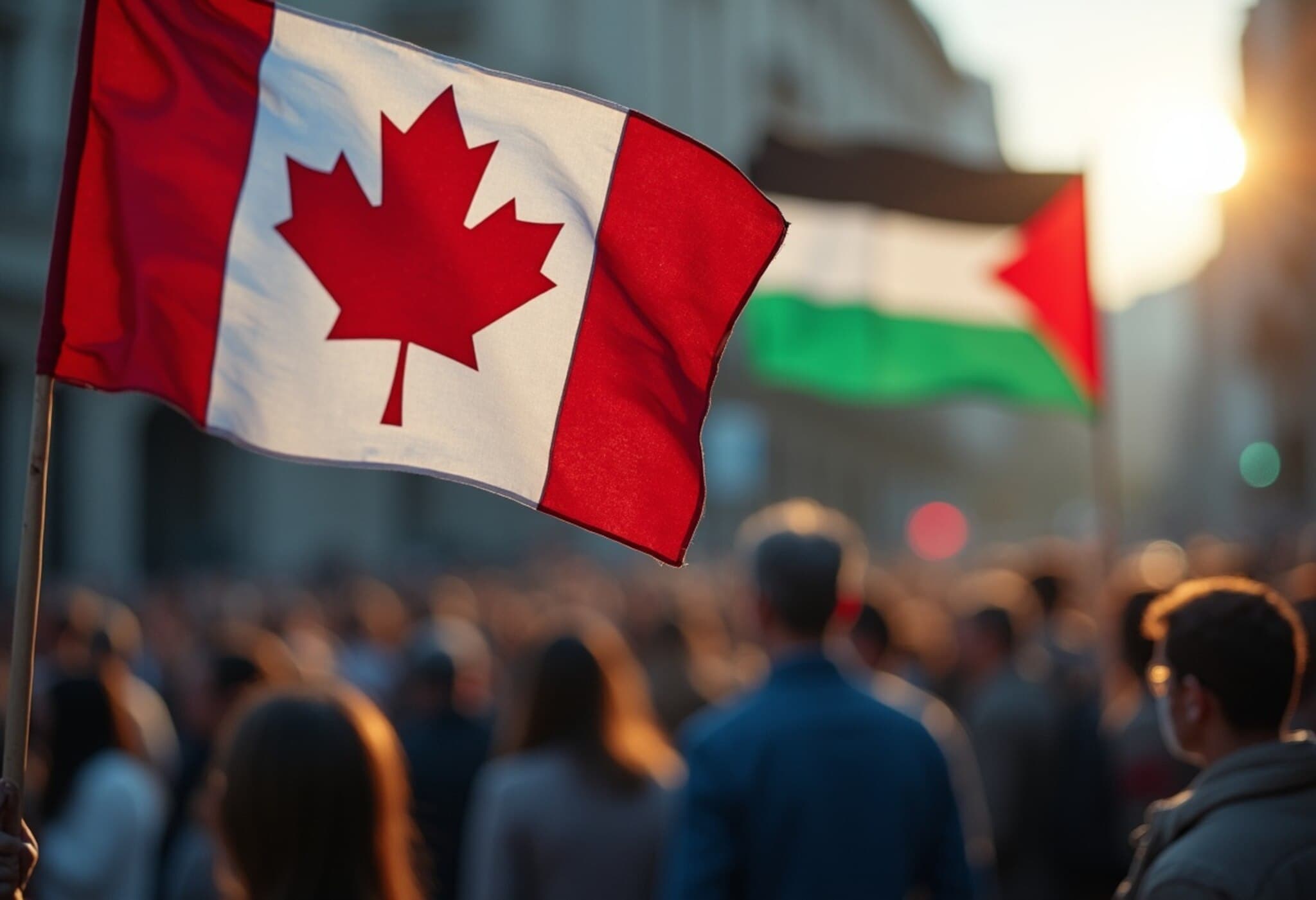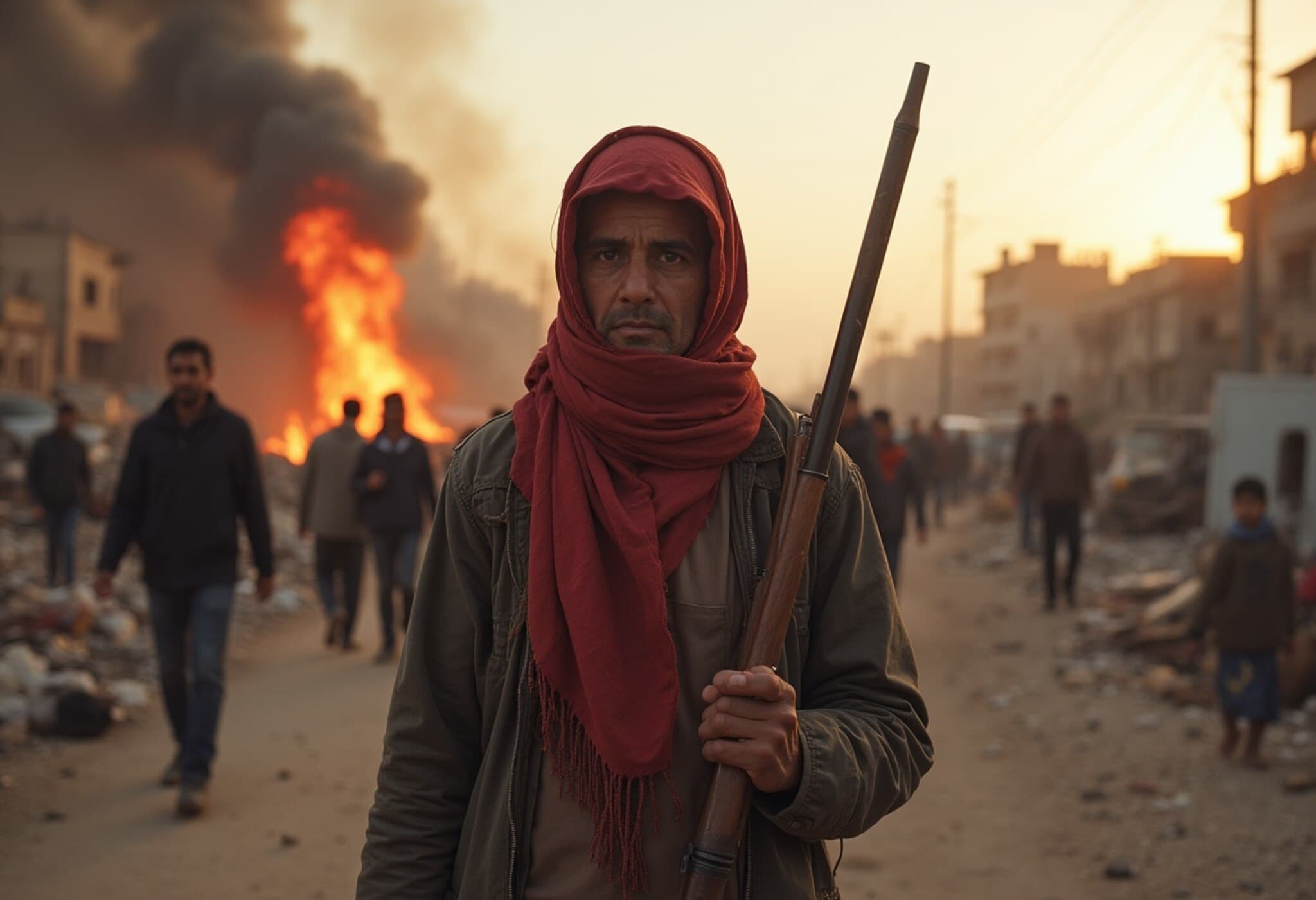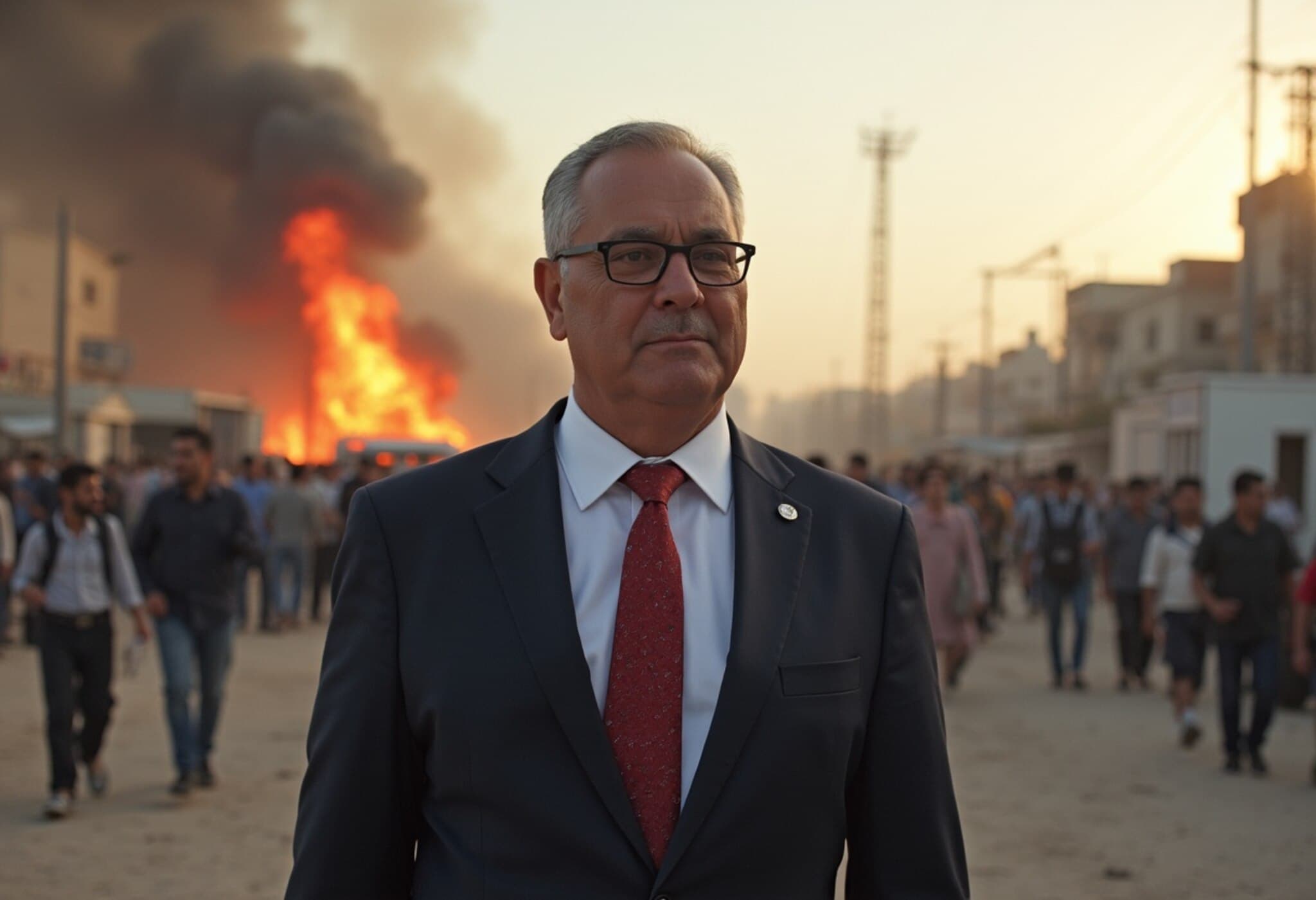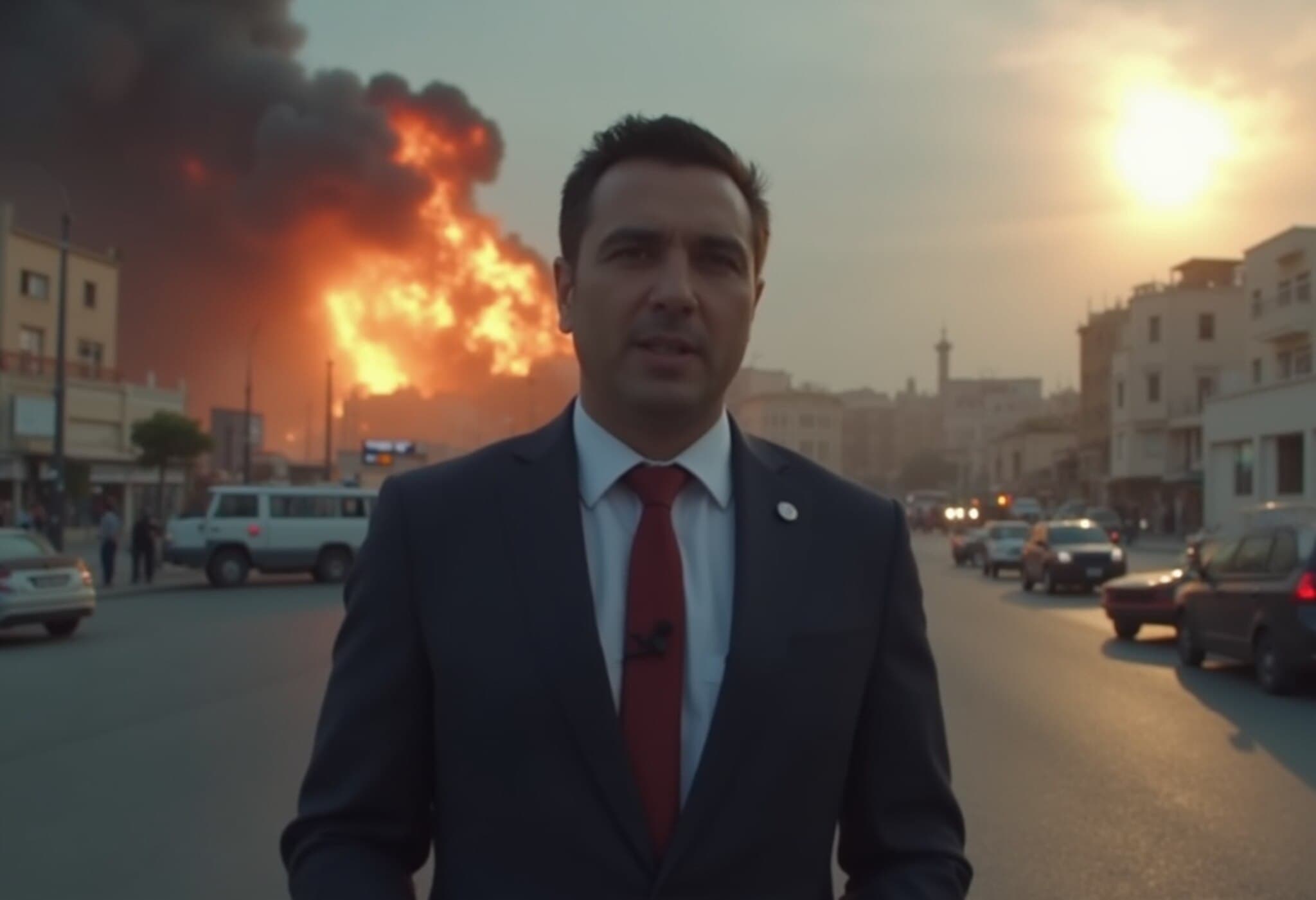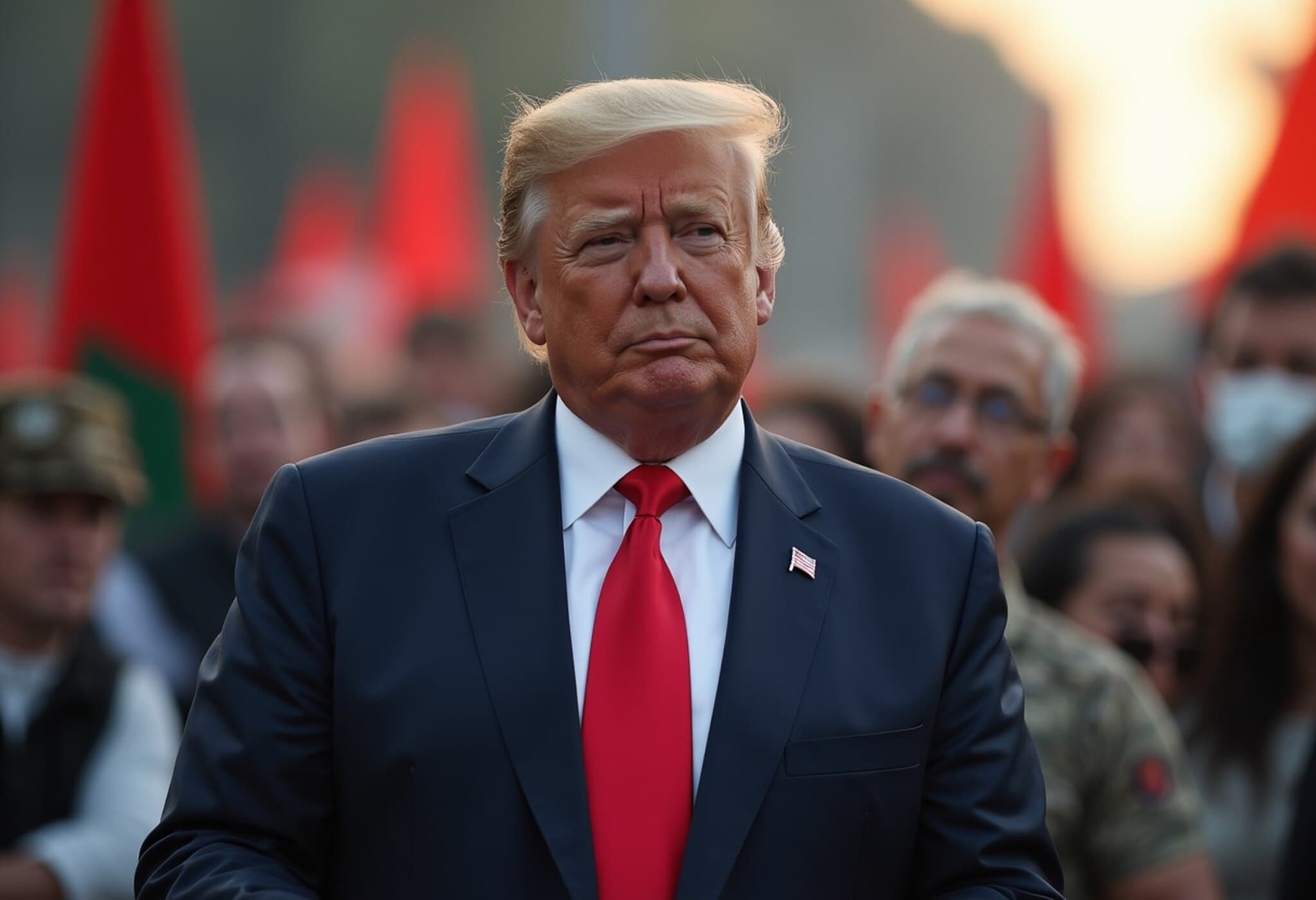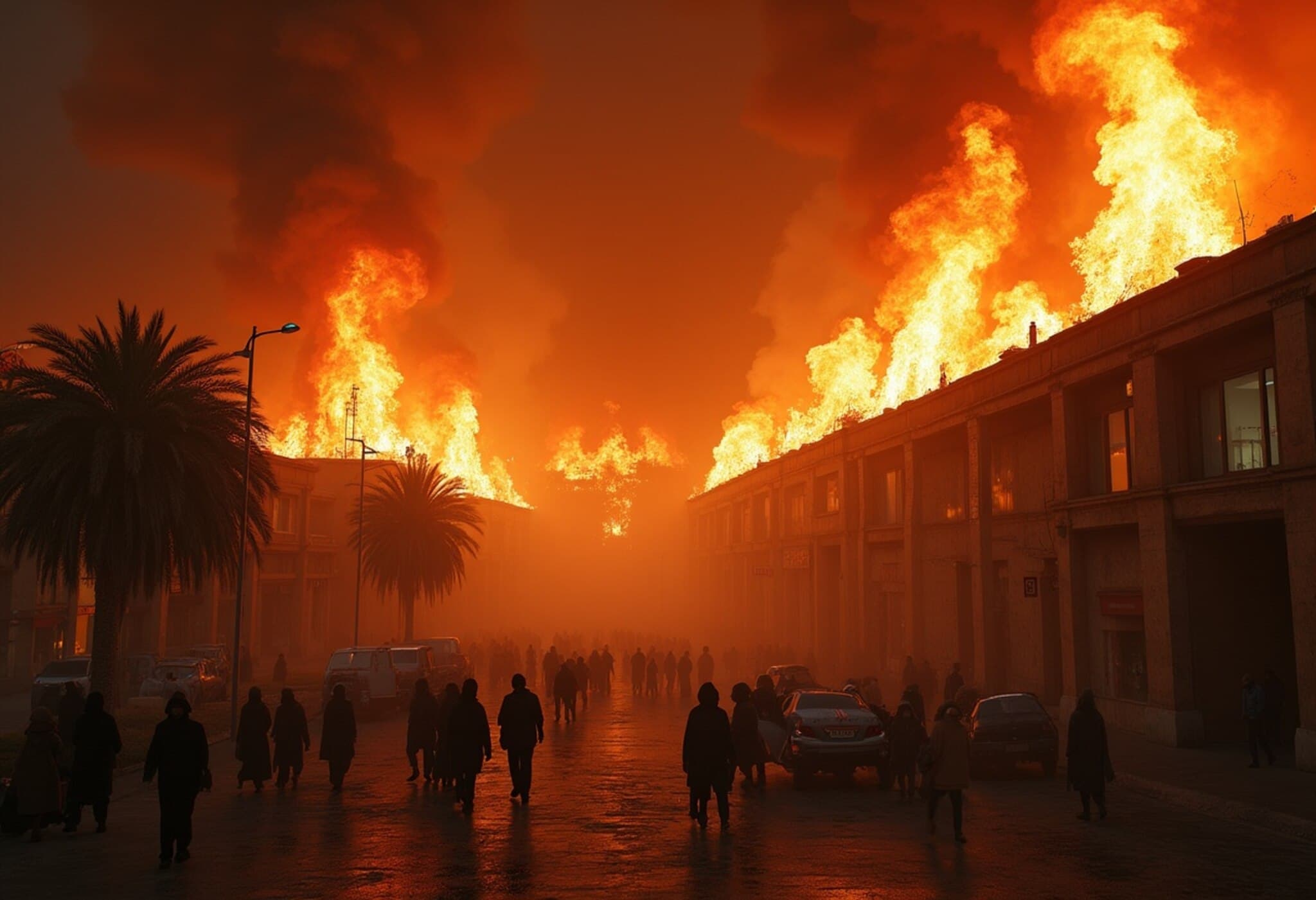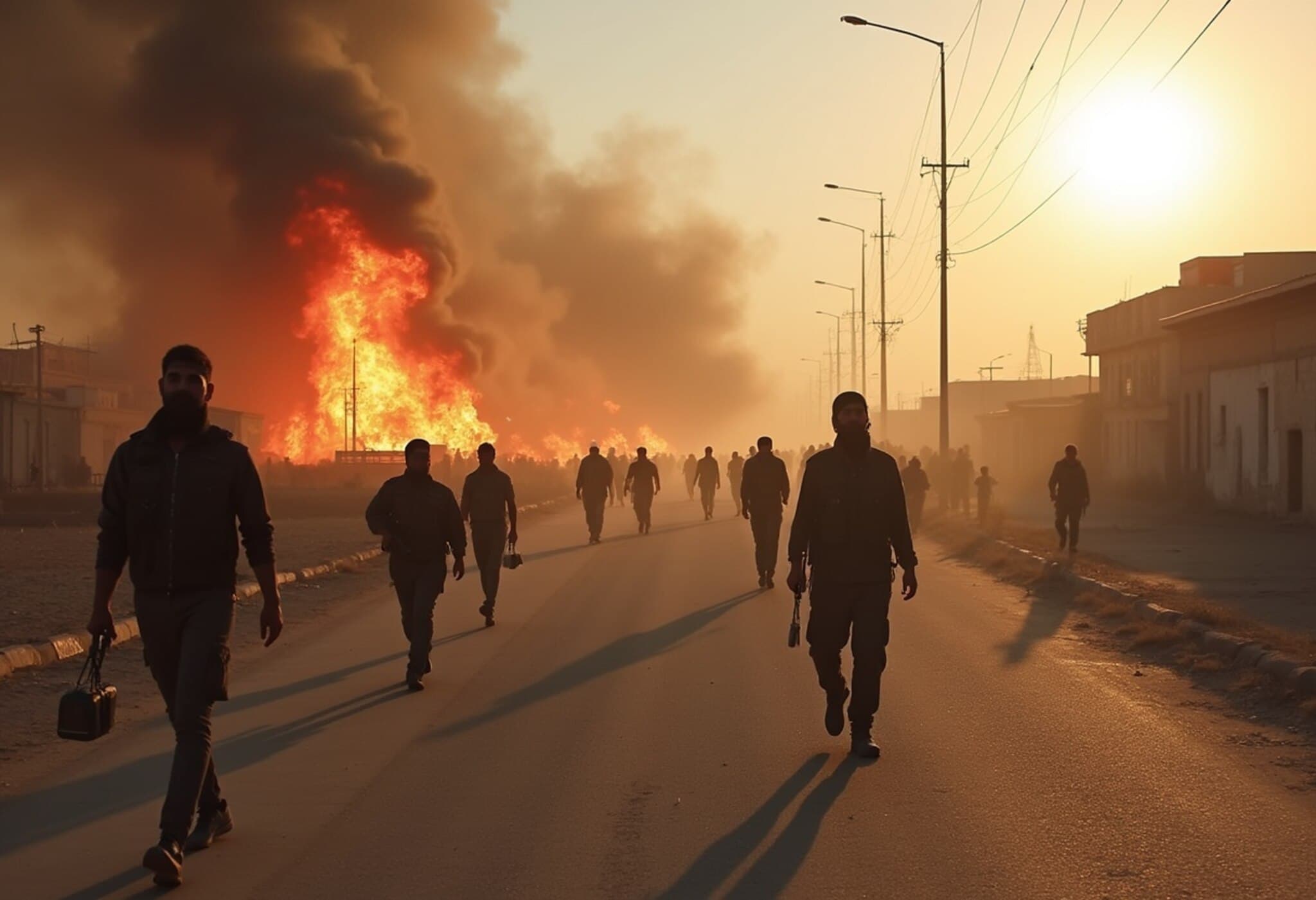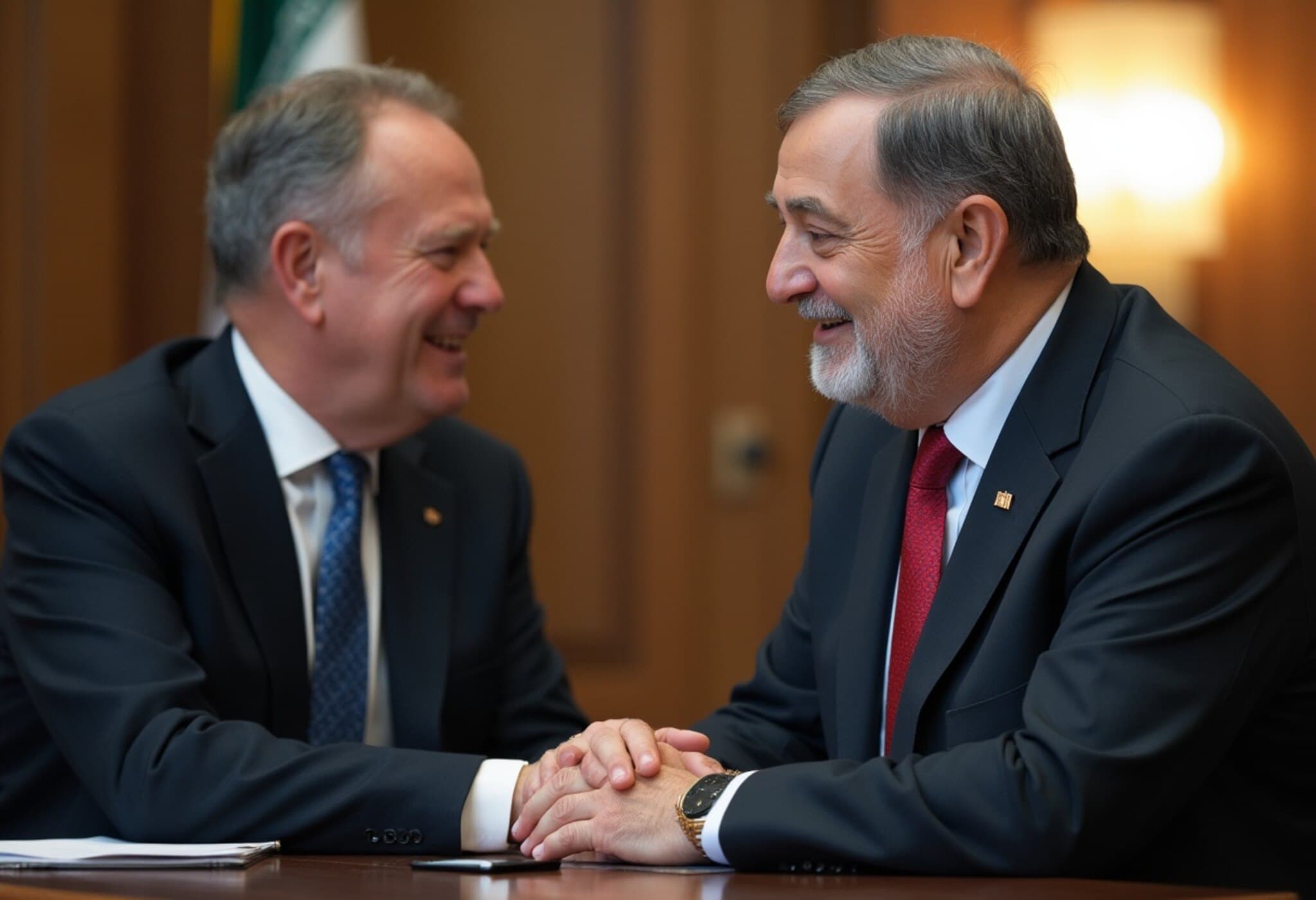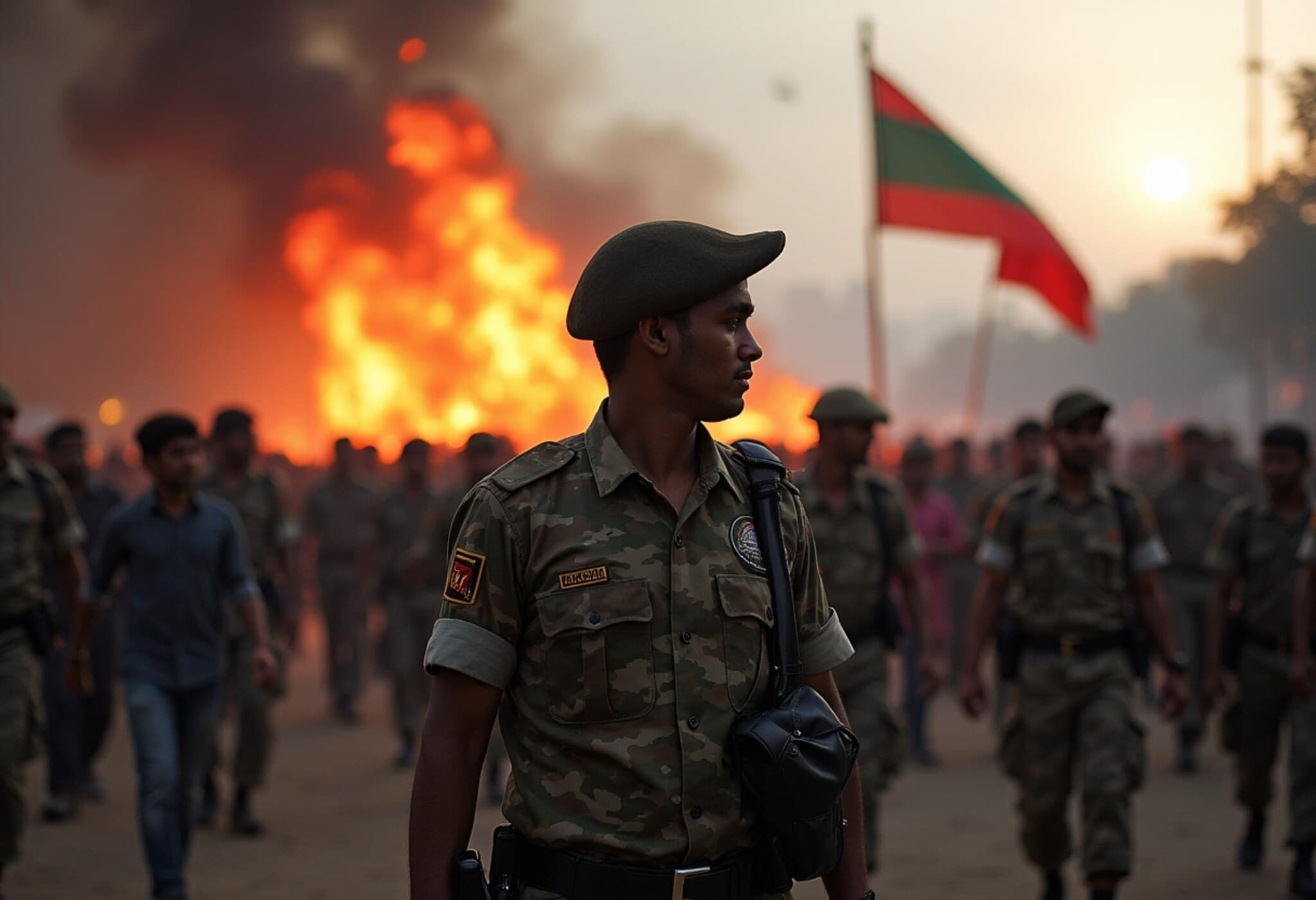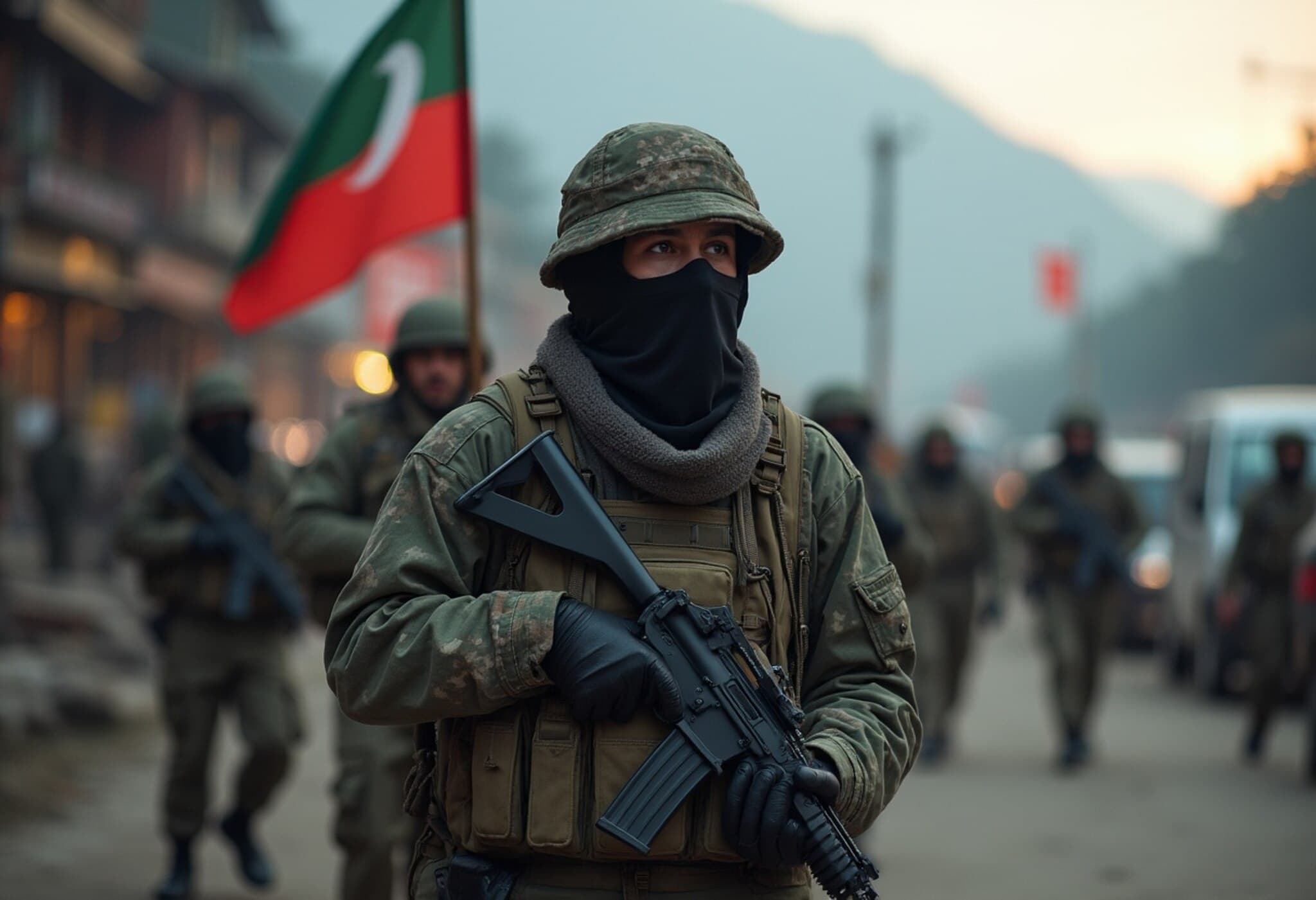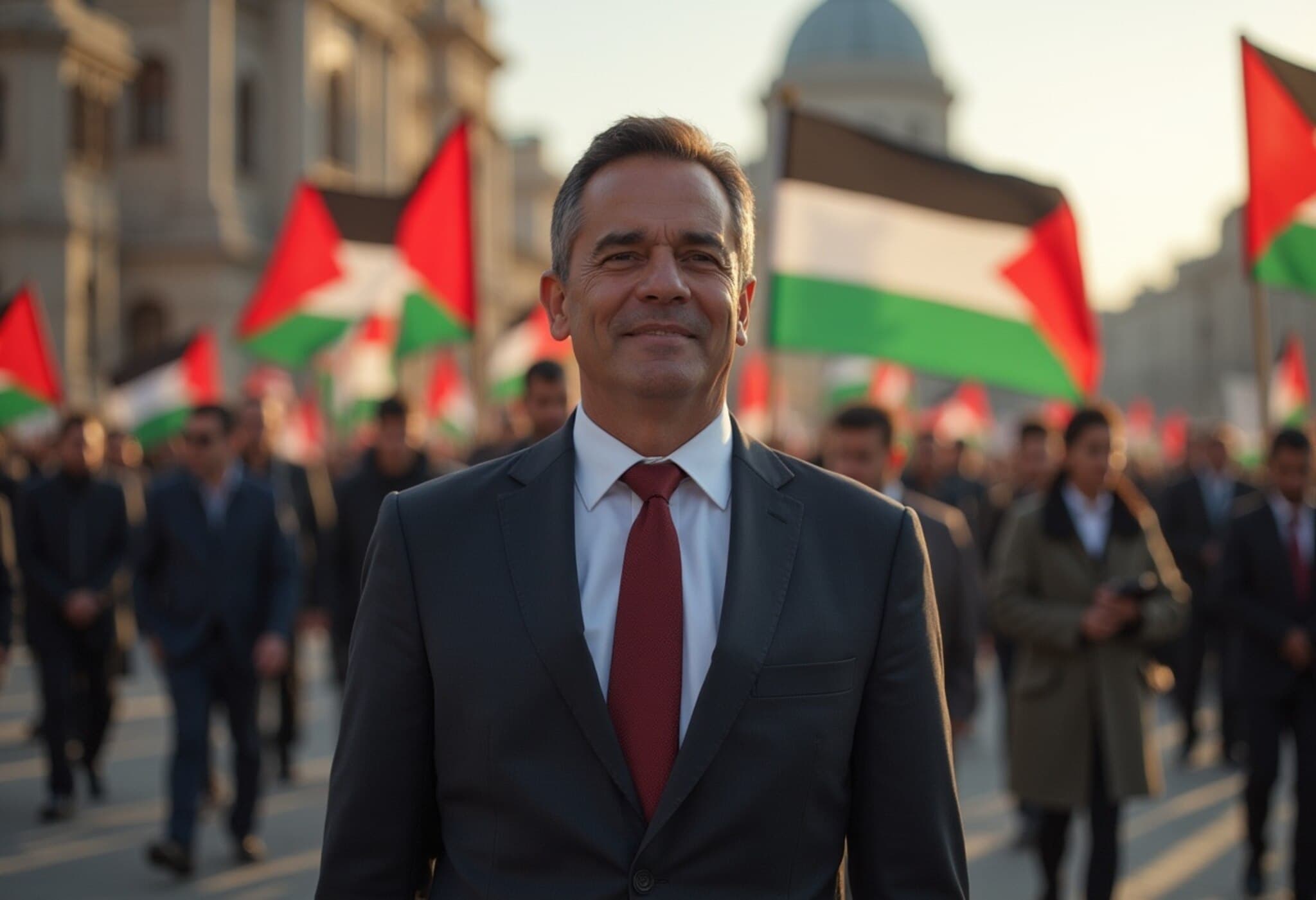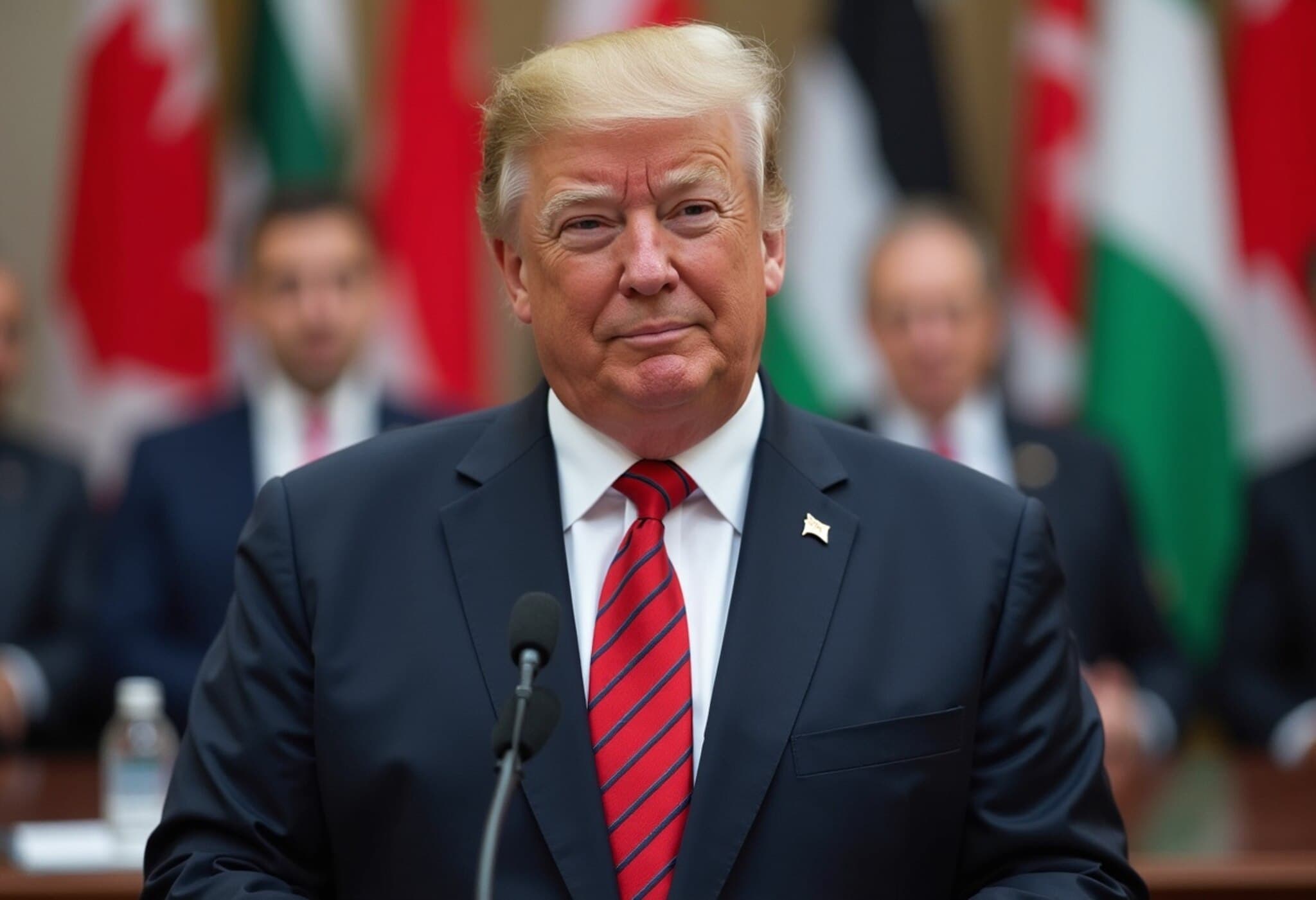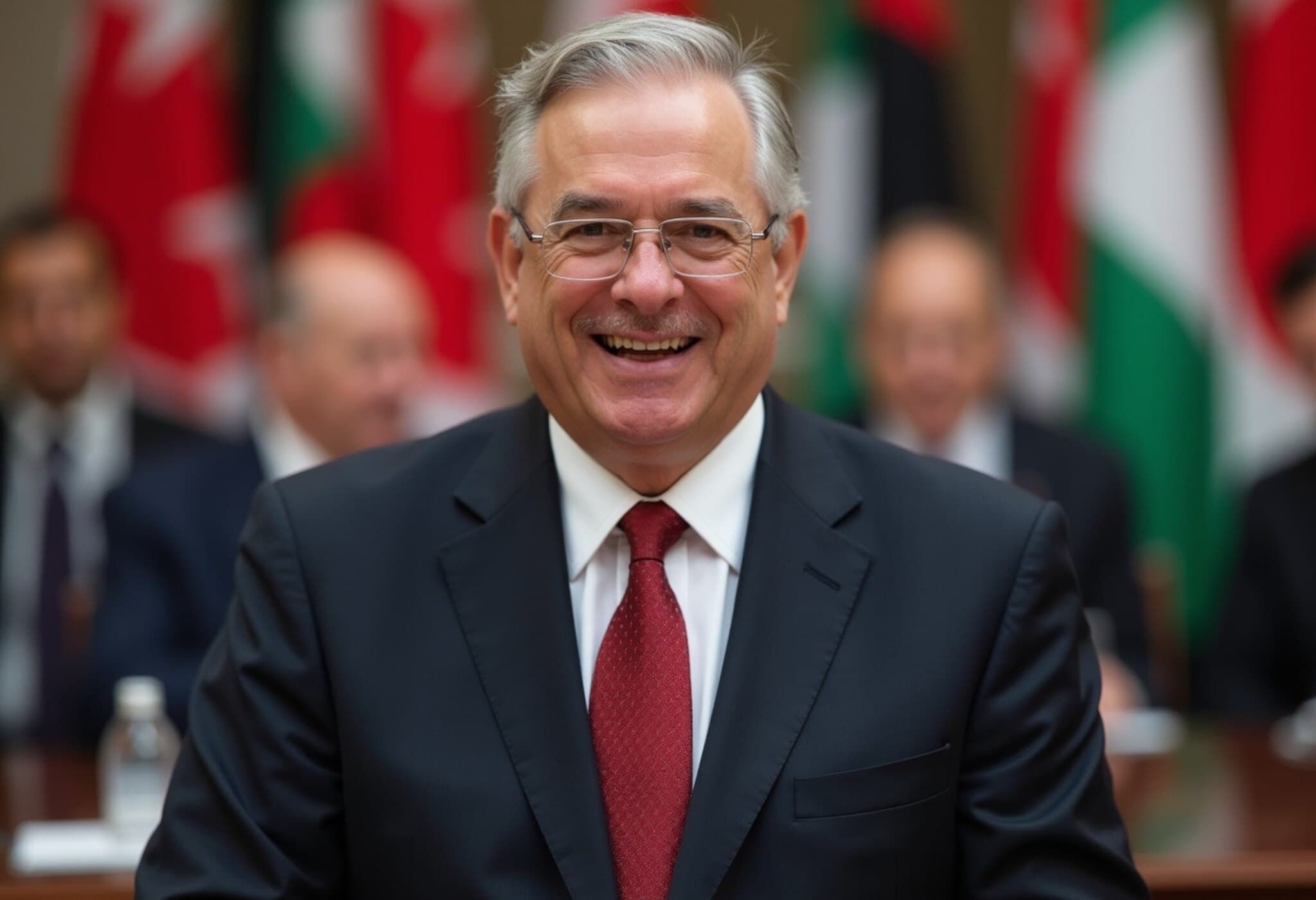Malta and Canada Pledge to Recognize the State of Palestine
In a significant diplomatic move, Malta and Canada announced their intentions to formally recognize the State of Palestine this September, signaling a growing momentum among Western nations to encourage an end to the decades-long Israeli-Palestinian conflict. Malta’s Permanent Secretary at the Foreign Ministry, Christopher Cutajar, revealed his country’s decision during a United Nations General Assembly meeting focused on a two-state solution. Shortly thereafter, Canadian Prime Minister Mark Carney echoed a similar commitment from Ottawa following a Cabinet session.
The announcements align Malta and Canada with France and the United Kingdom — both influential Western powers — who have either already promised or are considering official recognition of Palestine at the upcoming UN assembly session starting September 23.
Malta’s Historic Step Towards Palestinian Recognition
Malta, a Mediterranean island nation and European Union member with a long-standing support for Palestinian self-determination, framed its recognition as a responsible and necessary step to transform the two-state solution from an abstract concept into concrete reality. Cutajar stated, "We have a duty to work towards implementing the two-state solution practically, and formal recognition at this year’s UN General Assembly is exactly that."
For Malta, whose geopolitical position often bridges Europe and the Middle East, this decision underscores its commitment to regional stability. Prime Minister Robert Abela emphasized that Malta’s recognition reflects its aspirations for a lasting and just peace in the Middle East, a region long scarred by conflict.
Canada’s Conditional Recognition and the Question of Governance
Canada’s announcement, delivered by Prime Minister Mark Carney, similarly committed to recognizing Palestine, contingent on critical political developments within the Palestinian territories. These conditions include the Palestinian Authority conducting fair general elections in 2026, explicitly excluding Hamas — considered a terrorist organization by many Western and regional actors — from participation, and the eventual demilitarization of the prospective Palestinian state.
These stipulations hearken to longstanding concerns within Western capitals about the governance and security dimensions of Palestinian statehood. However, the details remain somewhat opaque, with little clarity on what further assurances Carney is seeking beyond previous commitments made by Palestinian President Mahmoud Abbas.
European Powers Join the Fray Amid Diplomatic Tensions
France and the UK have also proposed or signaled recognition plans, contributing to what is shaping up as a domino effect among Western nations. French President Emmanuel Macron announced that his country will recognize the state at the UN General Assembly, and British Prime Minister Keir Starmer offered recognition contingent on Israel agreeing to a lasting ceasefire and initiating a peace process within the next two months.
This wavering stance by the UK highlights the delicate balance Western powers are navigating — seeking to support Palestinian aspirations while managing their strategic alliance with Israel. Notably, Israel and the United States have boycotted the UN meeting altogether, underscoring the deep divisions that persist.
Israeli Opposition and International Reactions
Israel’s UN Ambassador, Danny Danon, delivered a sharp rebuke of the recognitions, accusing participating countries of "hypocrisy" for engaging in formal recognitions while Israeli hostages remain trapped in Gaza amidst ongoing conflict with Hamas. He characterized such moves as legitimizing terrorism and undermining regional progress.
Countering this narrative, Maltese diplomat Cutajar emphasized that recognition transcends symbolism, asserting it as a concrete stride towards justice and durable peace. This dichotomy reflects the complex interplay of humanitarian concerns, security threats, and political legitimacy at the heart of the Israel-Palestine discourse.
UN-Backed Phased Plan for Peace
The UN conference yielded the “New York Declaration”, a detailed seven-page document outlining a phased plan aiming to resolve the Israel-Palestine conflict. Central to this framework is the creation of a demilitarized, independent Palestinian state coexisting peacefully beside Israel and achieving integration within the broader Middle East.
Complementing this, the “New York Call” gathered consensus from 15 Western countries expressing recognition or intent to recognize Palestine as a pivotal step forward. Countries like Malta and Canada are on board, while others, including Andorra and Australia, remain hesitant.
The declaration and accompanying statements signal a hopeful yet tentative consensus on the international stage, though significant obstacles remain, particularly regarding enforcement, mutual trust, and tangible progress on the ground.
Looking Ahead: What Recognition Means for Peace Prospects
The upcoming UN General Assembly session represents a critical juncture. Will the growing roster of nations recognizing Palestine exert sufficient diplomatic pressure to galvanize meaningful peace negotiations? Or will entrenched geopolitical dynamics and security concerns continue to stall progress?
From an American policy perspective, these developments emphasize the need for nuanced engagement balancing support for Israel’s security with acknowledgment of Palestinian national aspirations. Thought leaders and policy analysts suggest that sustained international support and credible security arrangements will be essential to any viable two-state solution.
Key Takeaways
- Malta and Canada join France and the UK in recognizing Palestine, bolstering international pressure for peace.
- Recognition emphasizes implementation of a two-state solution grounded in sovereignty and security assurances.
- Israel and the US boycott the UN meeting, reflecting complex diplomatic tensions.
- UN “New York Declaration” proposes phased plan focusing on peaceful coexistence and regional integration.
- Western countries demand Palestinian elections free of Hamas participation and demilitarization of any future state.
Editor’s Note
This surge in recognition gestures shines a spotlight on a long-stalled path toward peace in the Middle East. While symbolic victories matter, the real challenge lies in translating international commitments into on-the-ground realities, healing decades of mistrust and trauma. How Malta’s and Canada’s recognitions impact the fragile bargaining atmosphere remains to be seen, but the move undeniably raises critical questions about the future of diplomacy in a region where every gesture carries weight. For US policymakers, balancing strategic alliances with evolving global sentiment tests both pragmatism and principle.
As this story develops, readers should watch for shifts in Palestinian governance dynamics, Israeli responses, and international efforts—critical factors shaping the viability of a two-state solution and peace prospects across the region.

